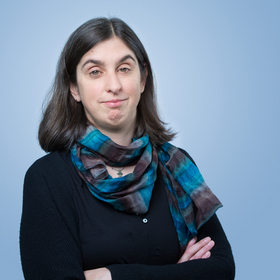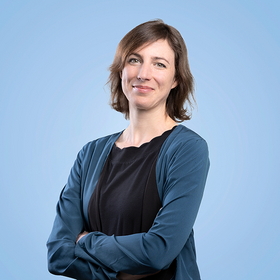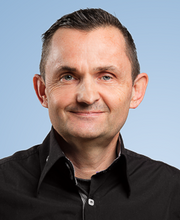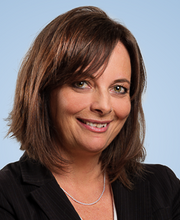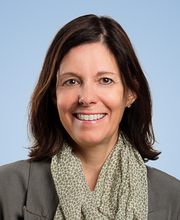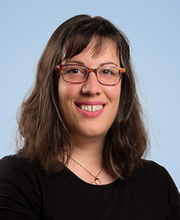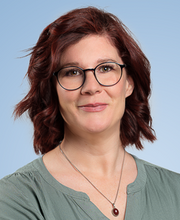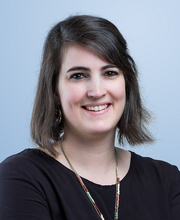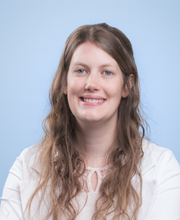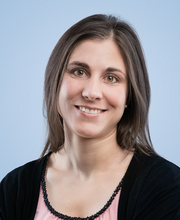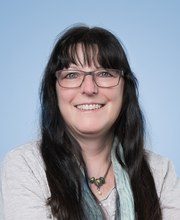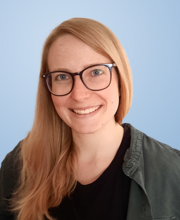There are six excellent reasons to complete an MA in Historical Sciences at UniDistance Suisse:
1. To become an expert who understands the challenges and opportunities of e-history
An MA in Historical Sciences at UniDistance Suisse offers you advanced, relevant skills in e-history. In particular, these technical and digital skills include:
- Creating databases or information systems, and a thorough understanding of digital document processing tools
- Data interpretation, relevant computer software, and new digital humanities methodologies
- Disseminating results and showcasing research via various media and digital platforms
The Master’s in Historical Sciences at UniDistance Suisse requires neither prior IT knowledge nor specific qualifications: you will be introduced step by step to the relevant digital tools, enabling you to gain essential expertise in the field of digital history.
2. To learn flexibly alongside your job
The MA in Historical Sciences is designed to be able to be completed alongside a job, family life, or a sporting or artistic career. You complete an online programme and regularly meet up with your teaching teams and other students. These meetups take place online or in person if necessary, at the occasion of archives or institutes visits for instance. Various digital tools are available for your weekly discussions with the teaching teams and for collaborations with other students.
3. To complete customisable training
The programme, alternating between thematic courses and technical modules, offers you all the skills you need to work in a wide range of sectors.
Our programme is divided into three blocks:
- The first block introduces students to the various sequences of historic research, focusing on the challenges and opportunities of digitalisation and e-history
- The second block allows you to specialise and customise your curriculum with a series of elective technical modules or internships, and to attend or actively participate in various scientific events. You can decide which activities you would like to complete, based on your interests and schedule constraints.
- The third block is devoted to your master’s thesis
4. To develop historical research skills and complete scientific projects
By the end of the course, you will be able to accomplish the following:
- Conduct historical research, from collecting sources to formulating hypotheses, processing data and disseminating results
- Check facts, manage and develop data
- Analyse sources and use critically digital technologies and tools
- Make full use of the collaborative, innovative tools required for the historical sciences and their dissemination
- Understand the foundations of computer language, facilitating collaborations with engineers and computer scientists
- Feel confident in a multiple languages environment
- Establish a network within academic, cultural, heritage and media institutions
5. To put your knowledge into practice and develop your network during internships and scientific events
If you choose, you can complete an internship and play an active role in organising scientific events. You thus put your knowledge directly into practice and develop your network, a key aspect for your future employment.
Internships consist of taking part in a digital research project at a partner institution. These are validated by your placement report, which is awarded ECTS credits.
Scientific events allow you to experience the reality of professional life and the role of a historian. Examples include visits to research and cultural centres, organising conference series with active, critical involvement, or attending a workshop or summer school at a partner institution. Your work is also validated by a report and is awarded ECTS credits.
6. To boost your linguistic skills by studying in three languages
The MA in Historical Sciences is a trilingual programme. You express yourself and are examined in French or German, whilst completing modules available in French, German or even English. Our trilingual teaching teams are on hand to offer support for each module and provide linguistically balanced resources and course materials.

